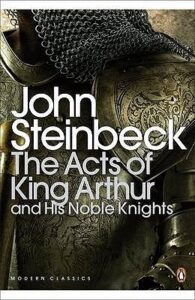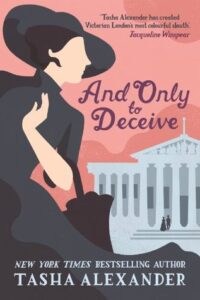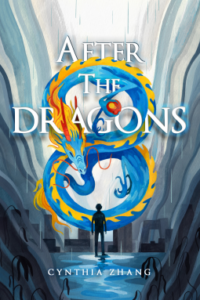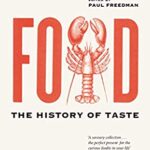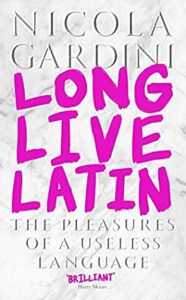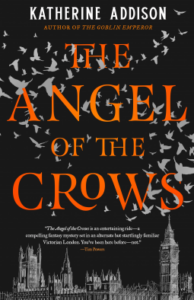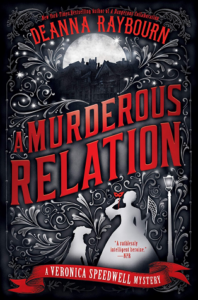A quick update this week — or hopefully so — since Wednesday snuck riiiight up on me.
What are you currently reading?
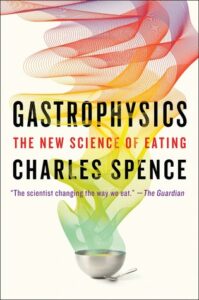 A lot of books at once, as ever. Two that jump out at me as worth an update: Bloodline, by Jordan L. Hawk, has unfortunately bogged down for me on the quicksands of I hate it when people in a close relationship lie to each other instead of talking through their problems. Argh, it’s just totally bogged down the story for me; I don’t even want to read it right now, because Whyborne is being a dick to Griffin (and Griffin is being reasonable but without sitting down and talking it out with Whyborne).
A lot of books at once, as ever. Two that jump out at me as worth an update: Bloodline, by Jordan L. Hawk, has unfortunately bogged down for me on the quicksands of I hate it when people in a close relationship lie to each other instead of talking through their problems. Argh, it’s just totally bogged down the story for me; I don’t even want to read it right now, because Whyborne is being a dick to Griffin (and Griffin is being reasonable but without sitting down and talking it out with Whyborne).
On the non-fiction side, I’m greatly enjoying Gastrophysics, by Charles Spence. It’s impossible to trust a scrap of the science, because he says things like he’s heard that certain genes cluster in certain geographical locations and that explains cultural food choices. You’ve heard that? Great, now try sourcing it from an actual reputable, peer-reviewed source before you write about it blithely in your book that’s allegedly popular science. Jesus Christ, how hard can it be?
(And then sometimes he just fails to research. He reckons that sharp, angular foods are more acidic than soft round ones, and wonders whether cheese is the answer. The answer is, at the very least, “not straightforwardly so” — highly acidic cheeses are often very crumbly, which doesn’t entirely fit with his theory. Sounds nice, ten minutes with Google are enough to prove that you can’t just say that. This is not how science works and I have serious doubts about this guy’s ability to understand how to design a proper experiment or do proper literature searches, Professor or not.)
But… it’s really fun to read, somehow — the writing itself is lively, and just… sucks you in.
What have you recently finished reading?
I think the last thing was Food: The History of Taste by Paul Freedman, which didn’t really work for me. It’s too academic and dry. Some of the essays are better than others, but one or two basically regurgitate huge quotations as if that constitutes engaging with the material.
What will you be reading next?
I don’t know, though The Jasmine Throne (Tasha Suri) arrived today, and from everything folks are saying, it’s pretty tempting.
Other than that, I’m vaguely planning on picking up a couple of particular books after I finish books that are already on the go, to fill the same niche in my reading material… but I’m not sure if that will be anytime soon.
How about you?
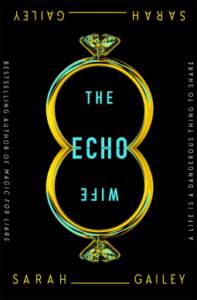 The Echo Wife, Sarah Gailey
The Echo Wife, Sarah Gailey


